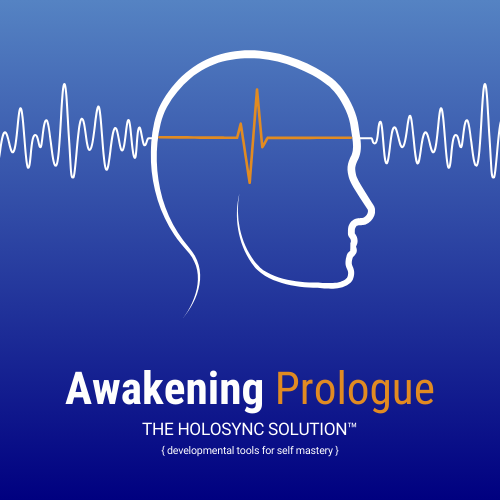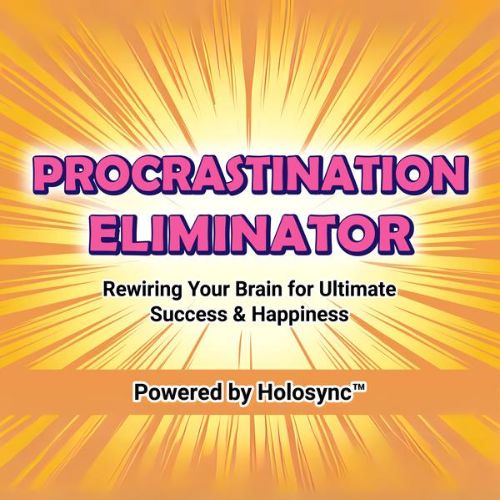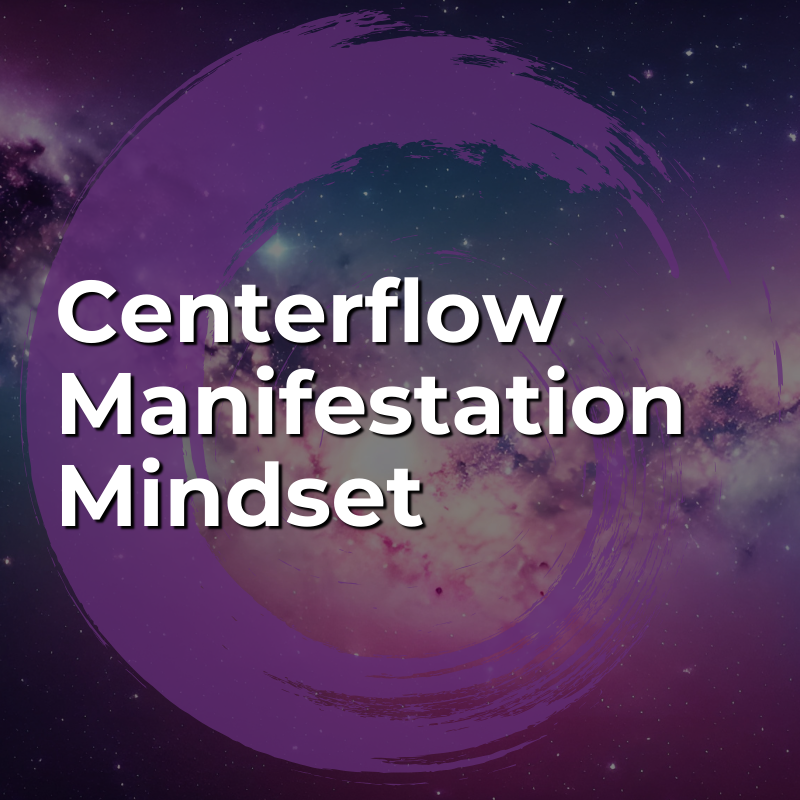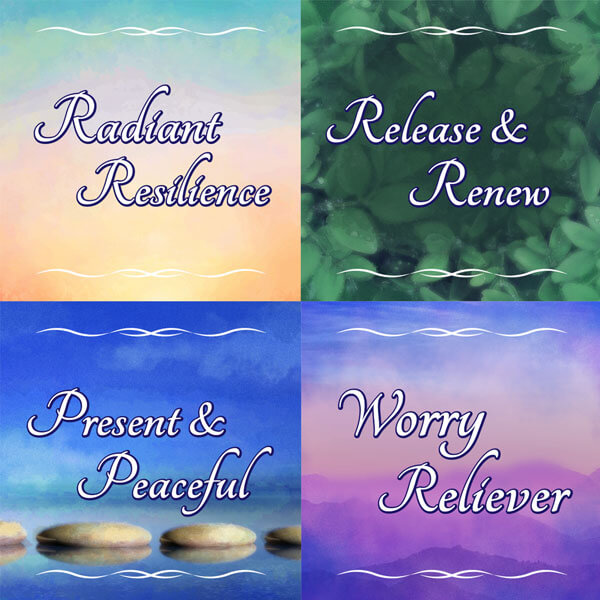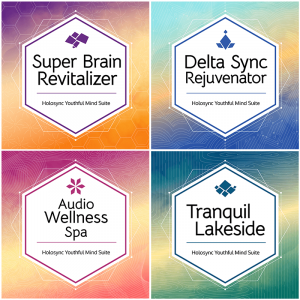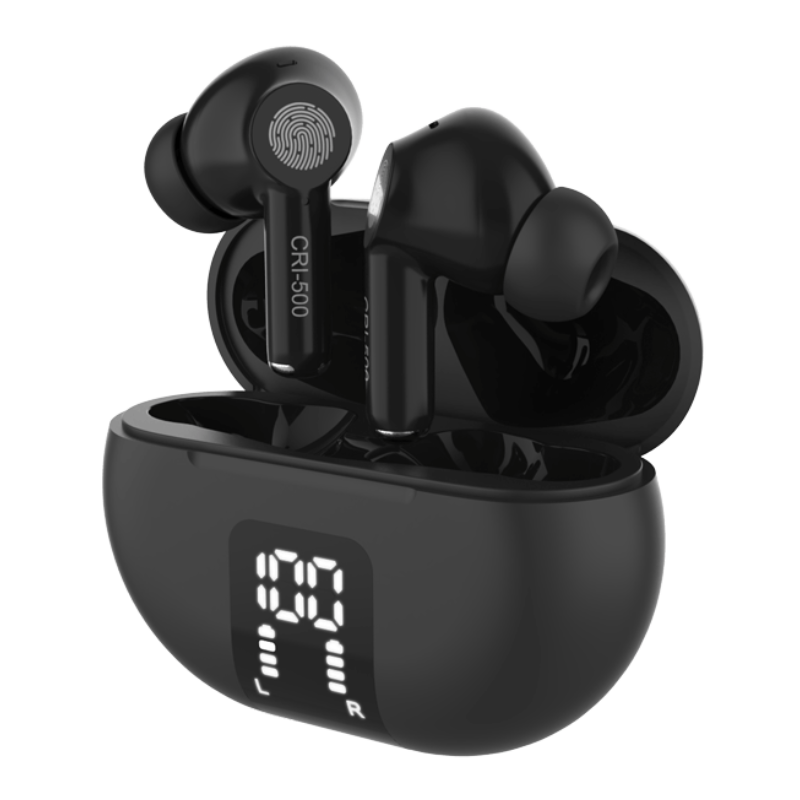The Map Inside Your Brain
By Bill Harris
Issue #445 – October 14, 2024
We all have maps inside our brain that determine our feelings, thoughts and behaviors.
I call this navigation system our Internal Map of Reality. It is the starting place for most of us. It is the GO in the game of life.
Here’s how it works:
We are constantly seeing, hearing, tasting, smelling or feeling something. What we sense is interpreted by our brain. The input is filtered through a fairly elaborate filtering mechanism. This filtering mechanism makes up a significant part of your internal map of reality. The filters include:
- Methods you have developed for sorting, storing, and retrieving information
- Your strategies for making decisions
- The language you speak
- Social customs
- Memories
- Decisions
- Beliefs
- Values
Your internal map of reality shapes how you experience life and determines the results you get.
How We Perceive Information
Our Internal Map of reality has three filters:
- Deletion
- Distortion
- Generalization
These processes can change the reality of incoming information. Filter mechanisms are not necessarily a bad thing, as long as you use them consciously to reach a particular result you want.
Deletion
Moment by moment, when there’s too much information coming at you for you to notice all of it, you simply delete some of it. As you walk through a room, there are an infinite number of details that hit your eye, but you can’t notice them all.
You don’t notice every spot on the carpet, every scratch on the furniture, every whorl in the wallpaper, every item in the room, and so on. The same thing is true for smells, tastes, sounds, and physical sensations.
Your filters determine which stuff you keep and which stuff you disregard, and this deletion process happens so automatically that you don’t even notice it. It’s not like you say, “Okay, let’s delete this, and keep this, and delete this...”
Your beliefs, values, decisions, memories and strategies set up your personal deletion system, and it operates quickly and unconsciously.
In addition to sensual material, you have data and ideas coming at you. You use this information to decide what to believe, what to do, who to be attracted to, and how to make a decision. The interesting aspect of this is that we tend to delete whatever does not agree with our current beliefs or values.
When something is contrary to what you believe, you disregard it. You delete it without even noticing it.
In order to override your tendency to automatically delete what doesn’t agree with your beliefs, there must be something huge and right in your face. For example, if you’re a nerdy guy, you’ve probably felt invisible to women.
Gorgeous women don’t pay any attention to you. If suddenly supermodel types start flirting with you, that would be such a unique experience that it might make you take notice of your beliefs and perhaps reevaluate them.
Distortion
Also, the filters in our minds distort incoming information in order to verify what we already believe and value, what we’ve already decided. This distortion might be adding something that isn’t actually there or changing it to look like something we recognize or agree with.
A simple example is how everything reminds you of food when you are hungry.
Here’s another example. If you believe that no one will ever love you, and someone turns you down when you ask them for a date, you might see that as evidence that you are, indeed, unlovable.
The real reason may have been that the person was already in a committed relationship or had another commitment that night. It could be that you just weren’t their type and it had nothing to do with your being unlovable.
You’ll either leave out some of the evidence or add something to it so that what’s happening agrees with your belief.
Generalization
The third filter is generalization. Some generalizing is good. For example, if we didn’t make generalizations, we would have to re-learn what a door is and how to open it every time we came to one.
Generalizations can be bad when they stop us from seeing the differences that make something unique and assume that it’s exactly the same as something else.
Let’s say you were cheated by your business partner who stole money from you, you could generalize that to mean “all men will steal from me” or “all business partners will take advantage of me.”
This assumes that just because other people share the same gender with the jerk who stole from you, they’re the same in other respects, including being dishonest and unreliable.
From this perspective you don’t see things clearly and your actions might create an outcome you don’t want.
Here’s a hint: When you hear words like all, never, always, no one, everyone, you might start looking for generalizations.
When your filters delete, distort, and generalize the input, what you perceive is not what initially came through your senses. The filtered version may or may not serve you.
Making an Internal Representation
Once input is filtered, you make some sort of an internal representation of the results. You make an internal picture of things you see, an internal sound of what you hear, etc. This mapping is automatic, very rapid, and almost always unconscious.
There are several kinds of internal representations you could make: visual, auditory, kinesthetic, gustatory, olfactory, and auditory digital (internal dialogue, the words and sentences you say in your head).
Each of these representations can be remembered or constructed. If I ask you to think of the first house you ever lived in, you’ll remember a picture.
But if I ask you to think of your ideal house that you’d build if you had $20 million, you would make something up in your head, and this picture would be a visual construct.
When you filter a constant stream of sensory stimuli and make a continuing, constant stream of internal representations, 99% of input is beyond your conscious awareness.
This complex matrix of internal representations actually comes from only 1% of the incoming information…
...and from this 1% you generate your physical and emotional states and your behaviors.
This becomes a cyclical process.
Feelings and physical states help generate behaviors and internal representations; behaviors help generate feelings and internal representations; and internal representations generate feelings and behaviors.
Finally, all of this creates the outcomes you get in your life. This concept is about changing your experience so you can create what you want in life.
The Internal Map
Some people create a map of reality that gives pretty good results. Without much work on their internal map of reality, they might end up rich and happy.
Someone else might create a map that creates unhappiness, poverty, or something else that’s undesirable.
The good news is, you can change your map, and as you do, your life changes.
Beliefs
Beliefs are those things we hold to be true and that determine our actions and our experience of life.
We develop beliefs about who we are and what our relationship is to the rest of the world based on early life interactions and experiences, especially with our primary caregivers.
Your beliefs, in combination with other aspects of your internal map of reality, create the results, circumstances, and experiences of your life. Regardless of what you believe, you will find a way to create consistency between your life and your beliefs.
Every deeply held belief is true to the person who believes it. We do whatever it takes to make our beliefs be true.
This principle is critically important to your happiness. The brain is a goal seeking mechanism, and a very powerful one. Your brain will either make whatever you believe to be true actually come true in your life or will at least make it seem to be true, which amounts to the same thing.
Significant negative emotional experiences create beliefs that are not resourceful and cause us to focus on what we do not want. The mind takes whatever you focus on as an instruction to create something.
To get what you want, you have to focus on what you want and have beliefs that help the mind to create that result.
Since everything is true to the person who believes it, evaluating beliefs based on whether they are true or false is not helpful. Doing so is indulging in circular, fallacious logic.
Conscious, happy people evaluate beliefs based on whether or not they are resourceful.
The most effective way to replace beliefs that do not serve you with those that do, is to observe how beliefs create results in your life. This watching process causes whatever is not resourceful for you to fall away and whatever is resourceful to remain.
Once you have watched the creative process with awareness and have seen an unresourceful belief fall away, you are more likely to consciously…
...choose a more resourceful belief that creates the mental, emotional, spiritual, and physical results and outcomes you want.
The first step in the process of replacing automatic, unconscious, unresourceful beliefs with conscious, resourceful beliefs is to discover what your core beliefs are.
The most effective way to determine your core beliefs is to examine the results you are getting.
For example, if you believe at your core that money is the root of evil, you are likely to be poor—or evil.
As long as you continue to hold the same beliefs, you’ll continue to get the same results because there’s no way to continue to hold the same beliefs and get different results.
To install a new belief, focus on it as often as possible and in every way you can think of.
Changing core beliefs can happen in the blink of an eye, but it usually takes most people a bit of time to complete the process. Take it one step and one day at a time, and let the pace of your progress be okay, whatever it is.
Meditation, especially with Holosync® technology, greatly speeds up this process, because it helps you become more conscious and aware of what you’re creating…
...because it takes the emotional charge off things in your life and allows you to look at them from a more dispassionate perspective.
There is a HUGE difference between being an unconscious automatic response mechanism and being a conscious creator of what you want.
Total Trauma Relief

Total Trauma Relief gives you the tools you need to more easily and comfortably heal.
This Holosync collection is designed to give you power over your trauma by:
Soothing your hyperaroused limbic system
Strengthening your stress threshold
Releasing repressed trauma
When you sign up for Total Trauma Relief you also get instant access to our Accelerated Results Coaching so you don’t have to face your trauma alone!
Wise Words
“The mind takes whatever you focus on as an instruction to create something.”
- Bill Harris
This Really Happened
"I have just finished the first session of the Holosync sample. What an incredible experience! Although I was sitting with my eyes closed and my body was perfectly relaxed, my brain went into laser focus and plenty of current “issues” rapidly popped into my mind to be resolved with clarity. It was nothing short of magic. Also, I completely managed to block out any outside noise and I was immersed into the sounds of the rain combined with the singing bowls. Loved it!"
~Anita S.
5-Day Challenge Participant
We Want to Hear From You!
Does your internal map need an update?
Post your story on our Facebook Page.
Not on Facebook? Tell me about the impact that meditation with Holosync has had on your daily life. Stress? Sleep? Weight Loss? Focus? Spiritual Connection? Other? Email your story here.
Pay It Forward:
Your story may profoundly affect the life of a person you never meet, but who will be forever grateful.

